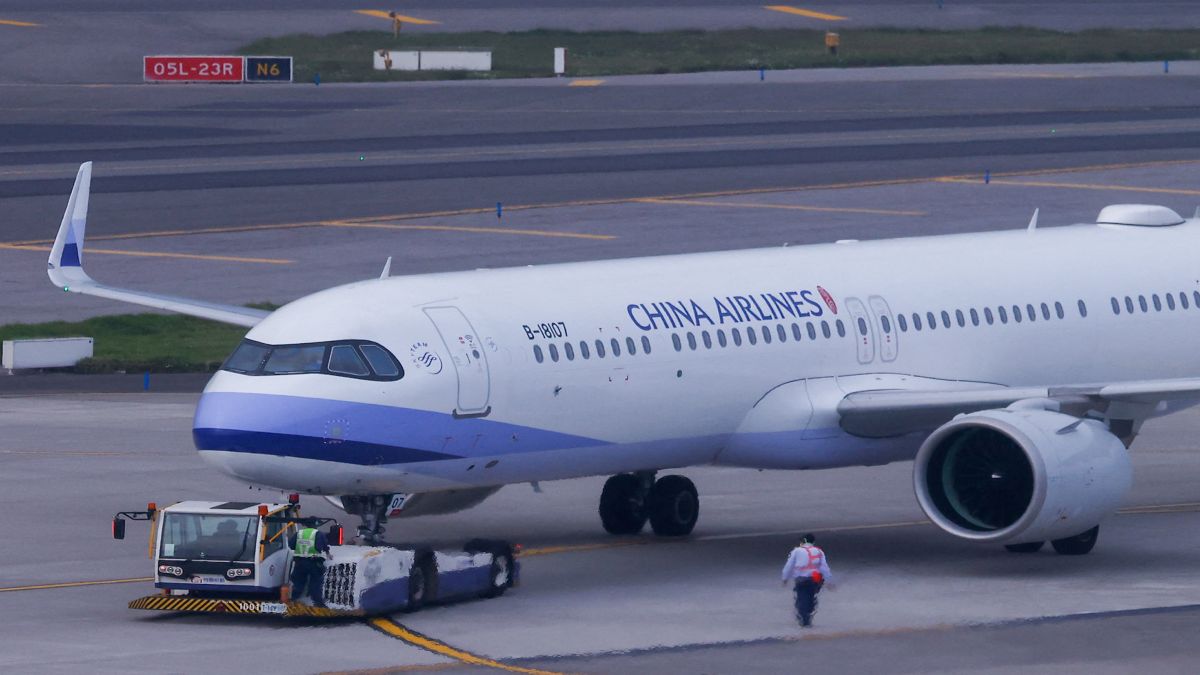) |
|
The potential resumption of direct flights between India and China has emerged as a significant point of discussion in recent diplomatic interactions. While both nations stand to gain from renewed air connectivity, analyses suggest that China might reap more substantial economic benefits. The halting of direct flights initially stemmed from the COVID-19 pandemic, which led to widespread global travel restrictions. However, the subsequent border clashes between Indian and Chinese troops in the Galwan Valley in June 2020 further exacerbated the situation, leading to a complete cessation of direct air travel between the two countries as a retaliatory measure by India. This decision significantly impacted bilateral travel and trade, forcing individuals and businesses to rely on more expensive and time-consuming connecting flights through third countries such as Hong Kong, Bangkok, and Singapore. The added costs and travel time have undoubtedly created friction for both personal and commercial exchanges.
Prior to the disruptions, a substantial number of direct flights connected India and China. Data from aviation analytics firm Cirium indicates that in December 2019, 539 direct passenger flights operated between the two countries, with Chinese carriers accounting for a significant majority (371 flights) compared to Indian airlines (168 flights). The cessation of these direct flights significantly disrupted established travel patterns and business relations. While India resumed regular international flights in March 2022, it notably excluded commercial flights to China. This decision was influenced by the ongoing border tensions and strategic considerations related to the geopolitical relationship between the two nations. The absence of direct flights underscored the broader complexities in India-China relations beyond the purely economic aspects.
Despite the challenges, China has consistently pushed for the resumption of direct flights. This proactive stance reflects China's interest in enhancing connectivity and potentially stimulating its economy, which has faced difficulties in recent years. The post-COVID recovery of the Chinese aviation sector has been slower than anticipated, with leading state-owned airlines reporting losses in the first half of 2023. The reduced outbound travel from China, driven by a combination of economic factors and a shift towards domestic tourism, presents a significant challenge. A resumption of direct flights to India could provide a much-needed boost to the Chinese tourism sector and contribute to the overall economic recovery. Furthermore, China's ambitions extend beyond tourism. Resuming direct flights could also facilitate trade and business exchanges between the two countries, potentially easing existing economic tensions and strengthening bilateral ties at a time when relations with the US are also strained.
Conversely, the benefits for India, while present, may be less pronounced than for China. While the convenience of direct flights is undeniable for Indian travelers and businesses, the current geopolitical situation and potential economic risks associated with heightened reliance on Chinese connectivity need to be carefully considered. The Indian government's cautious approach reflects a strategic balancing act, aiming to prioritize national security and economic interests while evaluating the long-term impacts of restoring direct flights. India's concerns regarding border security and the need for tangible progress in resolving territorial disputes remain crucial factors in shaping its response to China's proposals. The fact that the discussions are occurring at all signals a potential thaw in relations. However, this progress is likely contingent upon the ongoing development of diplomatic dialogues and the resolution of underlying border issues.
Several experts have weighed in on the potential consequences of restoring direct air travel between India and China. Some point to the economic advantages for both sides, highlighting the significant cost and time savings for travelers and businesses alike. Others underscore the potential for renewed tourism and trade, which could contribute to economic growth in both nations. Yet, the prevailing consensus leans towards recognizing the more substantial economic benefits for China, given its current state of economic recovery and its desire for increased outbound tourism. The geopolitical context remains significant, and any decision regarding the resumption of direct flights will need to incorporate a careful assessment of security and economic considerations. It is likely that the decision will involve a detailed negotiation process and will hinge on the further development of diplomatic interactions between both countries. The resumption of flights could mark a symbolic step towards improved relations, yet this remains dependent on the broader framework of political and security considerations influencing bilateral relations.
Source: How direct flights between China and India could benefit Beijing more
